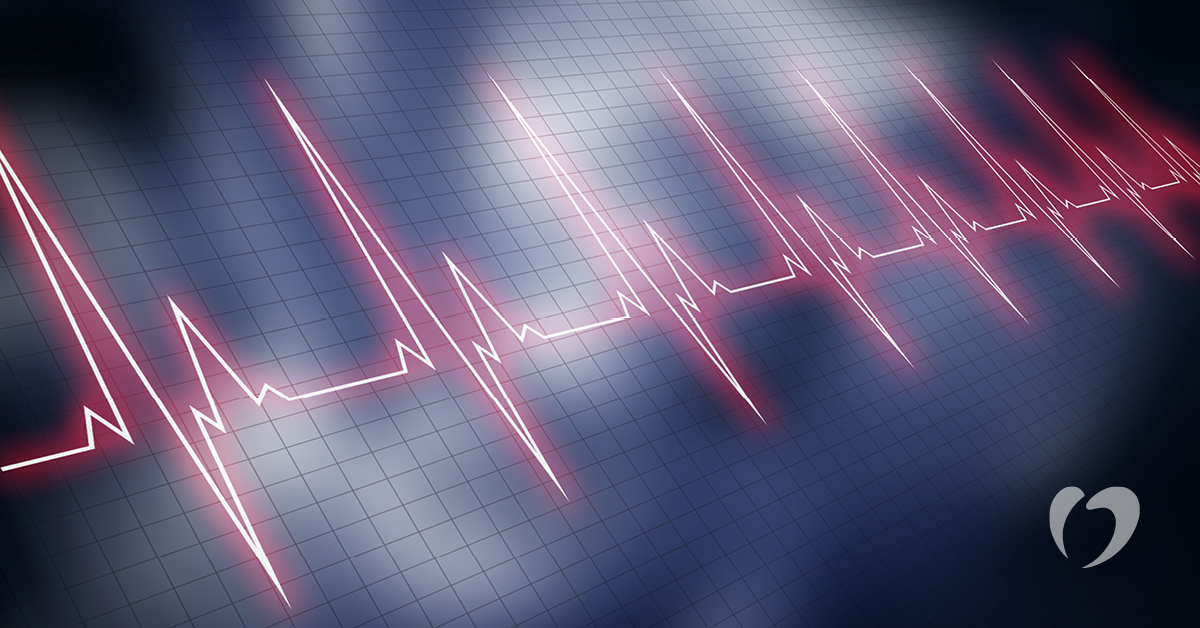Understanding Sick Sinus Syndrome

Your heart has a natural pacemaker, the sinus node, that sends electrical signals across the heart and tells it when and how to beat. Sick sinus syndrome keeps this node from functioning the way it’s supposed to, which results in an arrhythmia.
Symptoms of sick sinus syndrome
Sick sinus syndrome is one of the hardest heart problems to diagnose because it overlaps with so many other possible problems. It can cause three different types of arrhythmias: sinus bradycardia (slow heart rate), tachycardias (variable heart rates) and bradycardia-tachycardias (alternating heart rates). Sinus bradycardia is the most common problem caused by sick sinus syndrome.
Symptoms typically include fatigue, decreased exercise tolerance, palpitations, dizziness, or shortness of breath. These symptoms can be intermittent, and the heartbeat may be strong and regular when the patient is examined, which is another reason it can be challenging to diagnose.
Diagnosis of sick sinus syndrome can be difficult in one office visit or a single electrocardiogram (EKG). Your doctor may use longer-term monitoring methods like a Holter monitor to track your heart rhythm for a couple of days to monitor any changes.
The impact of sick sinus syndrome
Like many other arrhythmias, sick sinus syndrome can increase the risk of stroke over time. It can also lead to heart failure over the long term and make other heart conditions worse. At the same time, medications you may be taking to manage other heart problems can worsen sick sinus syndrome.
There’s no cure for sick sinus syndrome, but it can be managed once diagnosed.
Preventing sick sinus syndrome
There are several things you can do to lower the risk of sick sinus syndrome, though you can’t eliminate it entirely. The risk of developing it does increase with age, but there are other risk factors you can control.
Structural damage to the heart is a major risk factor for sick sinus syndrome. Preventing diseases that lead to structural damage is a good way to lessen your risk of developing it. Tobacco, unhealthy food, lack of exercise, and excess weight can all increase the risk of heart diseases that can lead to sick sinus syndrome.
Treatment and prognosis
Prognosis can vary a lot depending on other risk factors. As with any heart problem, diet and exercise will help. Sick sinus syndrome does tend to get worse with time, but it is manageable. Your doctor may stop any medications that worsen the syndrome. Some patients with the disease will need a pacemaker to help regulate their heartbeat over time. Patients who aren’t experiencing regular symptoms may not need a pacemaker, however.
While sick sinus syndrome can be hard to diagnose, the experts at Oklahoma Heart Hospital’s Heart Rhythm Institute are experienced in treating a wide range of heart rhythm disorders, including sick sinus syndrome. Call us today to schedule an appointment with one of our specialists.
